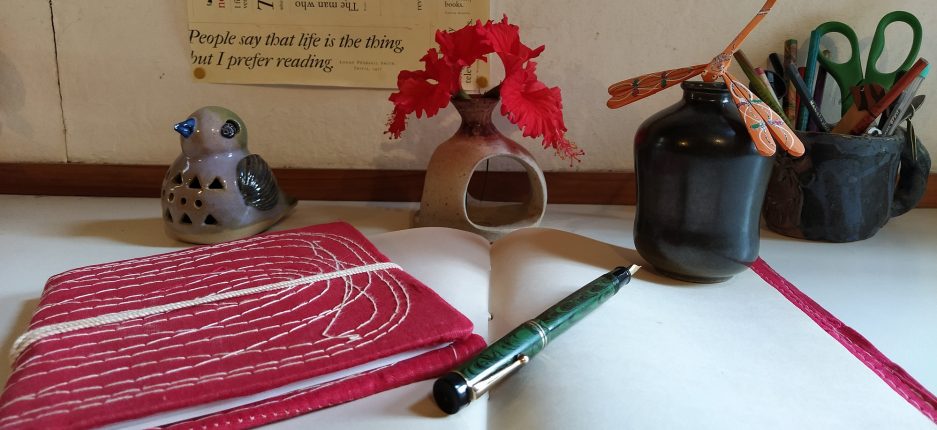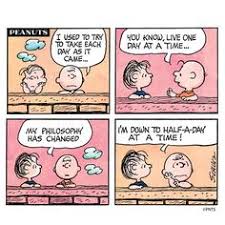This week, as we think about, and even celebrate, microbes, it is all of 2020 that will be go down in history as the Year of the Microbe. Or the year when a microbe put the world on ‘pause’.
While scientists created microbe art in petri dishes, the pause created by the microbe led to the burgeoning of creativity in homes across the world. From home baking (yes using one of the friendly microbes!) to painting, embroidery, composing music, to innovative ways of virtual communication—this year was indeed one of activity amidst inactivity.
This is the time of year when much is being written about how people’s lives changed in this ‘year in pause’. The underlying point that comes through is that we all became much more aware about Time than we had probably done before.
We also learned to use time in ways that we had not done so earlier. While most of us were accustomed to thinking of time in the Fast Forward mode, the Pause mode made us also look back to reflect and reminisce, to unwrap long forgotten memories, and most importantly slowly sip, and savour the Present. In doing so we could explore our immediate surroundings and discover things which were ‘hidden in plain sight’ as it were. While not being obliged to be in a continual ‘planning ahead’ mode, we could stop and stare, and look around with new eyes.

As Rabindranath Tagore once put it:
I was tired and sleeping on my idle bed
and imagined all work had ceased.
In the morning I woke up
and found my garden full with wonders of flowers.
On the other hand it was a year when time seemed to slow down. When each day was counted in slowly ticking minutes and hours, as weeks telescoped into months… and here we are, at the end of a never-before year.
As Arik Fletcher, a poet, has succinctly summed up, it has been…
a time to cheer, a time to cry,
a time to live, a time to die,
a time to sleep, a time to wake,
a time for real, a time for fake,
a time for truth, a time to lie,
a time to laugh, a time to sigh,
a time to stand, a time to fall,
a time for one, a time for all,
a time for love, a time for hate,
a time to run, a time to wait,
a time to stay, a time to flee,
a time for you, a time for me.
And so here we go…
Bidding adieu

A year that crawled at the pace of a snail
Leaving behind indelible marks.
–Mamata


